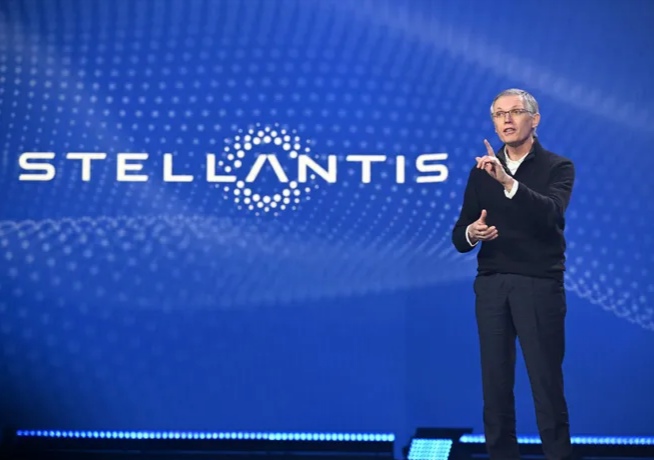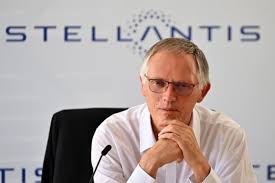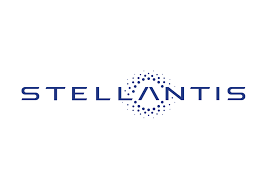
Carlos Tavares, the CEO of Stellantis, is a prominent figure in the automotive industry, recognized for his strategic leadership and transformative vision. Stellantis, formed in 2021 through the merger of Fiat Chrysler Automobiles (FCA) and Groupe PSA, has become one of the world's largest automotive groups under Tavares' guidance. This article delves into Tavares' career, his role in shaping Stellantis, and the company's future in the evolving automotive landscape.
Early Career and Rise to Prominence
Carlos Tavares was born on August 14, 1958, in Lisbon, Portugal. He studied engineering at École Centrale Paris, a prestigious French institution. His career began at Renault, where he held various leadership positions over a span of three decades. Tavares became known for his exceptional ability to streamline operations and drive profitability.

Reviving Groupe PSA
In 2014, Tavares took the helm as CEO of Groupe PSA, which included brands like Peugeot, Citroën, and Opel. At the time, PSA was struggling financially. Tavares implemented a turnaround strategy focusing on cost reduction, operational efficiency, and market expansion. Within a few years, PSA returned to profitability, earning him widespread acclaim in the automotive industry.
The Formation of Stellantis
In 2021, Tavares played a pivotal role in the merger of Groupe PSA and Fiat Chrysler Automobiles, creating Stellantis. The merger brought together 14 iconic brands, including Jeep, Dodge, Ram, Peugeot, and Alfa Romeo. Tavares was appointed CEO of Stellantis, tasked with steering the newly formed company through a rapidly changing industry landscape.

Leadership Style and Vision
Tavares is known for his pragmatic and disciplined approach to leadership. He prioritizes profitability, sustainability, and innovation. Under his leadership, Stellantis has committed to electrifying its vehicle lineup, aiming to launch numerous electric and hybrid models by the end of the decade. Tavares has also emphasized the importance of leveraging the diverse strengths of Stellantis' brands while maintaining their unique identities.
Challenges and Opportunities
As CEO, Tavares faces challenges such as the global semiconductor shortage, rising competition in the EV market, and regulatory pressures for lower emissions. However, Stellantis is well-positioned to capitalize on opportunities in electric mobility, connected vehicles, and autonomous driving. Tavares' focus on cost efficiency and innovation ensures that Stellantis remains competitive in these areas.
The Future of Stellantis
Under Tavares' leadership, Stellantis is expected to play a significant role in the automotive industry's transformation. The company is investing heavily in battery technology, EV infrastructure, and digital services. By combining the resources and expertise of its 14 brands, Stellantis aims to become a leader in sustainable mobility and advanced automotive technology.
Conclusion
Carlos Tavares' remarkable career and visionary leadership have made him one of the most influential figures in the automotive world. Through his efforts, Stellantis has become a powerhouse in the industry, poised to navigate the challenges and opportunities of the future. Tavares' legacy will undoubtedly be defined by his ability to drive innovation, efficiency, and sustainability in a rapidly changing world.

